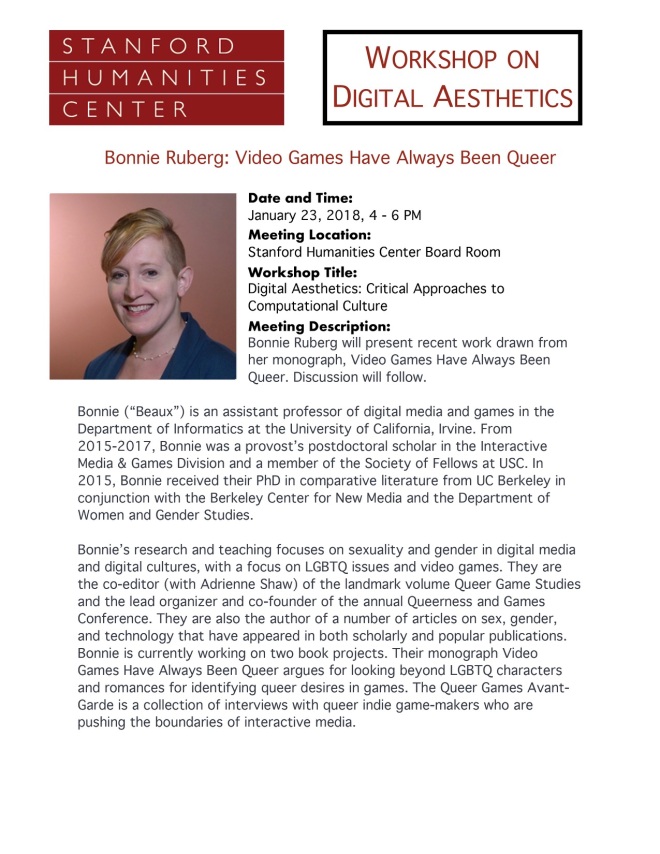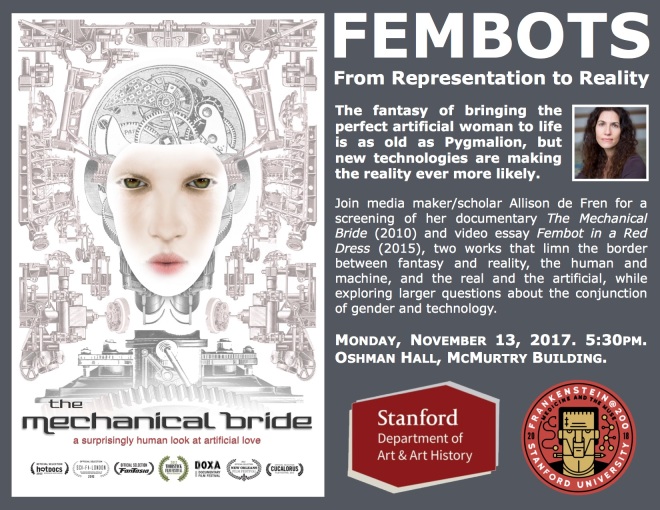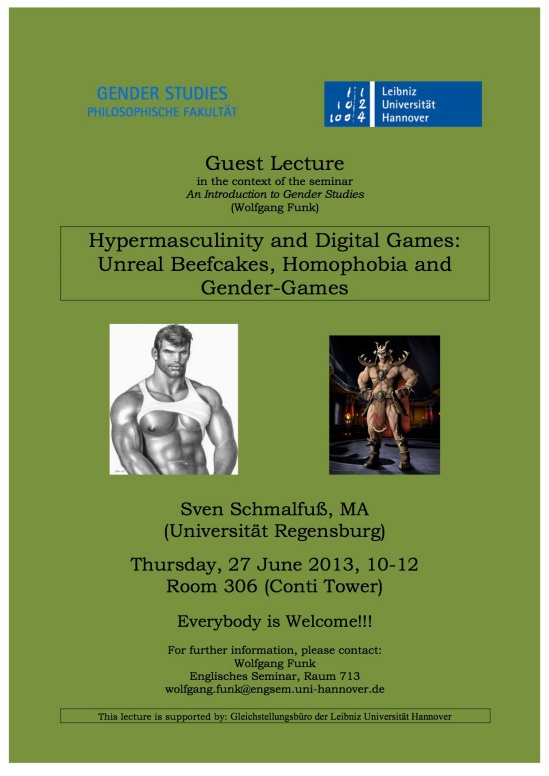
I am very excited to be hosting Ruth Mayer, Professor of American Studies at the Leibniz Universität Hannover, for a series of events at Stanford this quarter. The Program in Modern Thought & Literature nominated her as an International Visitor at the Stanford Humanities Center, where she’ll present her current research in March. First, though, there are two events in MTL:
The Program in Modern Thought and Literature invites you to a special event: On Thursday, February 22, at 4pm in the Terrace Room (4th floor, Margaret Jacks Hall), Professor Ruth Mayer will be giving a talk titled “The ‘Girl’ in Weimar Germany: Illustrated Magazines in Trans-Atlantic Circulation.” The talk will be followed by a reception with food and drink.
Please RSVP here by Tuesday, February 20, so that we have a head-count.
The talk explores the ways in which illustrated magazines of the Weimar period act contribute to a larger gendering of transnational exchange particularly through image-text doubling and shifts. It takes the Weimar society magazine Uhu as a major reference point, investigating how it modeled itself on American lifestyle and ‘smart’ magazines and made use of the iconic figure of the ‘Girl’ to carve out a spatiotemporal continuum between ‘Amerika’ and Europe. While the Girl is a figure of the stage and screen as much as of the modern magazine, it is in the magazine that this figure comes into her own. The Girl incorporates modernity as a multimodal and multifaceted configuration much like the modern magazine itself. The talk argues that the Girl enters the illustrated magazines not only as a subject matter but also as a tool of gendered self-reflection, particularly in the work of female writers, illustrators and photographers.
Prof. Ruth Mayer holds the chair of American Studies, teaching American literature and culture from the 17th century to the present time, with a strong focus on theoretical and formal questions. Her research focuses on aspects of popular culture (particularly seriality and serialization), media history, globalization, science studies, and cultural contact. Her book Serial Fu Manchu: The Chinese Super-Villain and the Spread of Yellow Peril Ideology appeared in 2013 with Temple University Press and in 2019 she co-edited Modernities and Modernization in the United States (Winter). She is currently directing the research projects “Contingency and Contraction: Modernity and Temporality in the United States, 1880-1920″ and “Multiplication: Modernity, Mass Culture, Gender.” The Program in Modern Thought and Literature is currently hosting Prof. Mayer as an International Visitor at the Stanford Humanities Center.
In addition to the talk on 2/22, Prof. Mayer will also be holding a workshop session for grad students on the following day, 2/23, from 11am-2pm in the Terrace Room. Lunch will be served.







